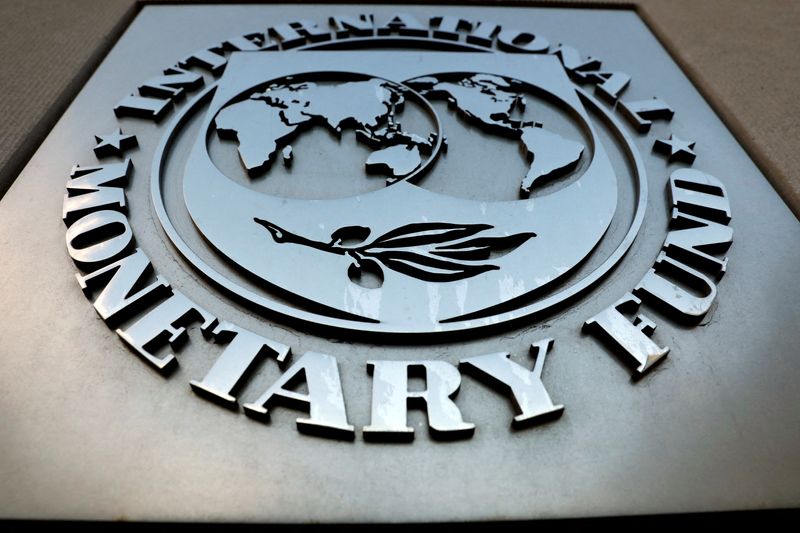As global finance leaders convene in Washington for the annual International Monetary Fund (IMF) and World Bank meetings, they face a landscape riddled with uncertainties. Geopolitical tensions from ongoing wars in the Middle East and Europe, concerns about a faltering Chinese economy, and the potential for a contentious U.S. presidential election hang over the discussions, impacting multilateral cooperation. More than 10,000 representatives from finance ministries, central banks, and civil society are expected to attend, focusing on issues such as reviving sluggish global growth, managing debt distress, and financing the transition to green energy. The looming November 5 election, particularly the potential victory of Republican candidate Donald Trump, raises fears among attendees about new U.S. tariffs, a shift away from climate cooperation, and broader disruptions to the international economic order.
The significance of the U.S. election outcome looms large, overshadowing the official agenda, according to analysts. Josh Lipsky from the Atlantic Council highlights that the election’s implications extend to trade policy, the future of the U.S. dollar, and leadership appointments at the Federal Reserve, influencing global economies. If Democratic candidate Vice President Kamala Harris secures victory, it is anticipated she would uphold the Biden administration’s emphasis on multilateralism, particularly concerning climate policies, taxation, and debt relief. The meetings are also expected to be among the last attended by U.S. Treasury Secretary Janet Yellen, a key figure in advancing the administration’s economic and climate initiatives, expressing intentions to step back from public service at the end of the current presidential term.
Amidst this backdrop, growing anti-China sentiment is projected to play a prominent role in discussions. The U.S. has significantly increased tariffs on various Chinese imports, including electric vehicles and semiconductors, reflecting broader trends in industrial policy among wealthy nations. These policies have fueled tensions within the international trade landscape, further complicating global economic dynamics. On the broader economic front, the IMF is set to revise its global growth forecasts, with Managing Director Kristalina Georgieva conveying a tempered outlook. She emphasizes that while some regions, notably the U.S. and India, show resilience, challenges in China and Europe continue to stifle potential growth.
The conversation around debt among low-income countries is expected to take center stage at the meetings. While officials suggest that defaults may have peaked, the liquidity crisis facing emerging markets is pressing, as high debt service costs hinder development investments. With diminished overseas aid flows, countries are struggling to mobilize needed resources. The implications of recent global conflicts—like last year’s violence in the Middle East—continue to reverberate, especially for nations in proximity to those crises, where economic fallout has been significant but contained. However, any escalation affecting critical oil and gas supplies could lead to widespread repercussions in the global economy.
Support for Ukraine remains a priority topic for discussion, particularly amid plans among G7 nations to establish a political agreement supporting a substantial $50 billion loan, backed by frozen Russian assets, to aid the war-torn country. The initiative is partly a safeguard against a possible shift in U.S. foreign policy following the election, should Trump win and follow through on threats to withdraw support for Ukraine. This highlights the interconnectedness of geopolitical tensions and economic stability, urging discussions on financial resilience against future uncertainties.
As the meetings proceed, leaders like World Bank President Ajay Banga aim to shift focus from merely analyzing existing challenges to actively seeking solutions. Banga emphasizes the institution’s expanded lending capabilities and the need for innovation in project preparations to enhance developmental outcomes. Despite prevailing uncertainties, the commitment of IMF and World Bank officials remains strong, as they endeavor to address global economic challenges collaboratively. The meetings, coinciding with the 80th anniversary of these institutions, hold a critical juncture for forging pathways towards sustainable development and fostering unity among diverse global factions against a backdrop of turmoil.

